WATCH | Drug recovery in Mahoning County:
People have been abusing drugs for hundreds of years and the lasting impacts are felt by millions in the United States. In 2017, 19.4 million people battled a substance use disorder, and 38% of adults battled drug disorders, according to the American Addiction Centers. This has led to broken families, past trauma and drug-related crimes such as theft, drug use and possession happening in neighborhoods across the country.
Read more at mahoningmatters.com
“I knew when I was out there that I was never going to stop now, I was going to [use drugs] until I was dead. I fell asleep in McDonald’s parking lot drive through with a bunch of meth and other substances and I [was charged] with three felony fours and one felony five for aggravated possession.”
Denise Raub
The Impact:
Drug offenders who are feeding a drug addiction are more likely to be involved in crime, violent and non-violent behaviors at a much younger age and continue this lifestyle into adulthood. High rates of drug use in populated areas can make neighborhoods and communities more vulnerable to crime. The Ohio Substance Abuse Monitoring Network reported high usage of drugs in the Youngstown, Ohio region — made up of Mahoning, Trumbull, Columbiana, Ashtabula and Jefferson counties — from June 2019 to January 2020. This trend only shows a short period of time recorded, but drug use — specifically heroin, opioids and crack cocaine — have significantly increased in the region, drug treatment and legal experts said. Drug use can slow down or stop individuals from being productive members of society like getting an education, finding employment, being able to raise or have custody of children and performing day-to-day activities, drug treatment officials said.
Drug offenders most frequently are battling drug addictions that lead misdemeanor and felony level crimes committed to feed the addiction. People usually use drugs to fulfill physical, mental, emotional and social needs. The impact drug abuse has on drug offenders in the Youngstown region is quite large and the Mahoning County Common Pleas Drug Court has been serving drug offenders for 25 years to break the drug dependency cycle — an individuals compulsive need to use drugs — and release them from the judicial system to live a life of independent recovery. More drug offenders live a life of recovery and graduate from the one-to-two year program with a trauma-informed and holistic approach compared to receiving criminal punishment.
Holistic is characterized by the treatment of the whole person, taking into account mental and social factors, rather than just the symptoms of a disease. This is the approach TASC, the drug treatment and recovery center for the drug court and a division of Meridian Healthcare in Youngstown, uses on treating drug offenders with drug addiction and substance use.
You will take a first-hand look at the unfortunate life circumstances many drug offenders experience(d), how they started down their drug addiction path and the drug court program that has helped hundreds of drug offenders find a life of recovery while having any drug-related charges dropped to move forward in their lives.
Sources: Bureau of Justice Statistics: A National Report of Drugs, Crime and the Judicial System; Oxford Learners Dictionaries; The Ohio Substance Abuse Monitoring Network; Also additional sources cited in the original narrative.
All header images sourced to Canva
-
Breaking the cycle of generational drug use
If you have read the long form narrative about drug crime and treatment in Mahoning County, then you are familiar with the stories of Denise Raub and Leila Rood. These two women were circumstantially raised in a family full of drug abuse and addiction that eventually trickled down to impact their adulthood lives. Raub and…
-
Read | Drug Crime in Mahoning County
‘I was going to use [drugs] until I was dead.’ County court officials treat criminals with substance abuse holistically. By: Amanda Joerndt YOUNGSTOWN, OHIO — The Mahoning County Common Pleas Drug Court in Northeast Ohio gives drug offenders who have committed drug-related crimes a chance to go through a holistic — physical, mental, social and…
View photo gallery:
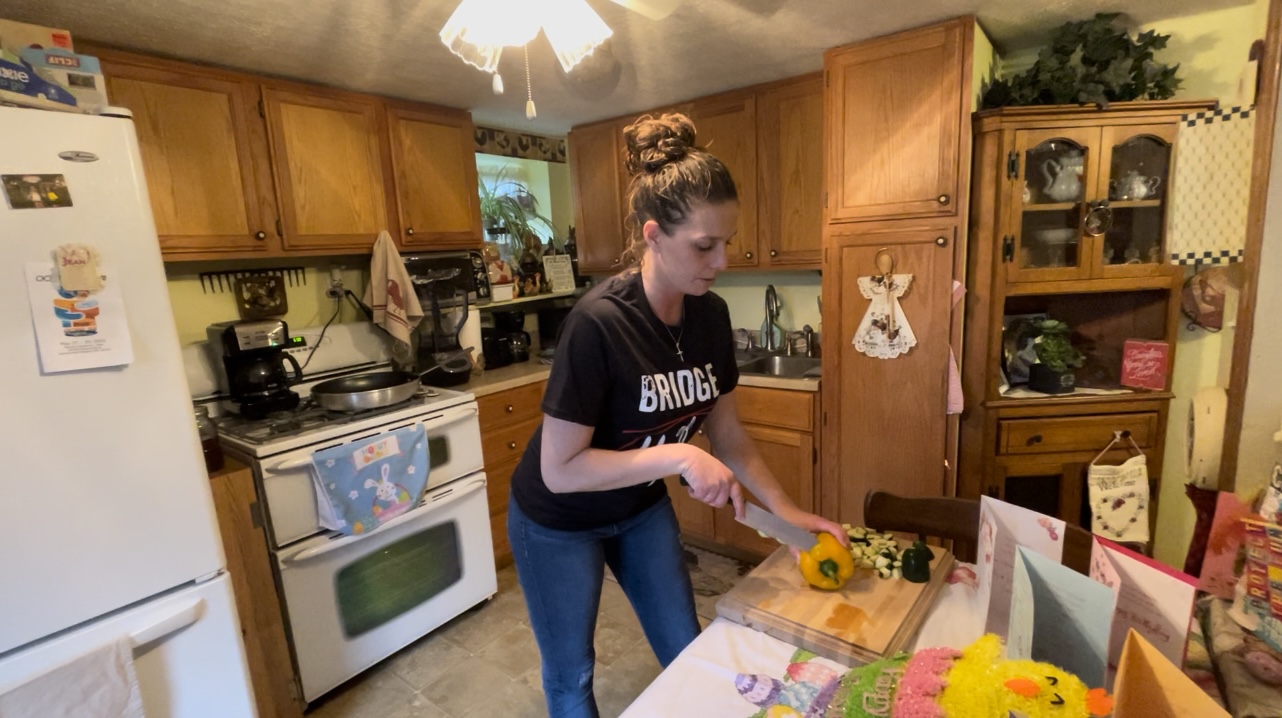

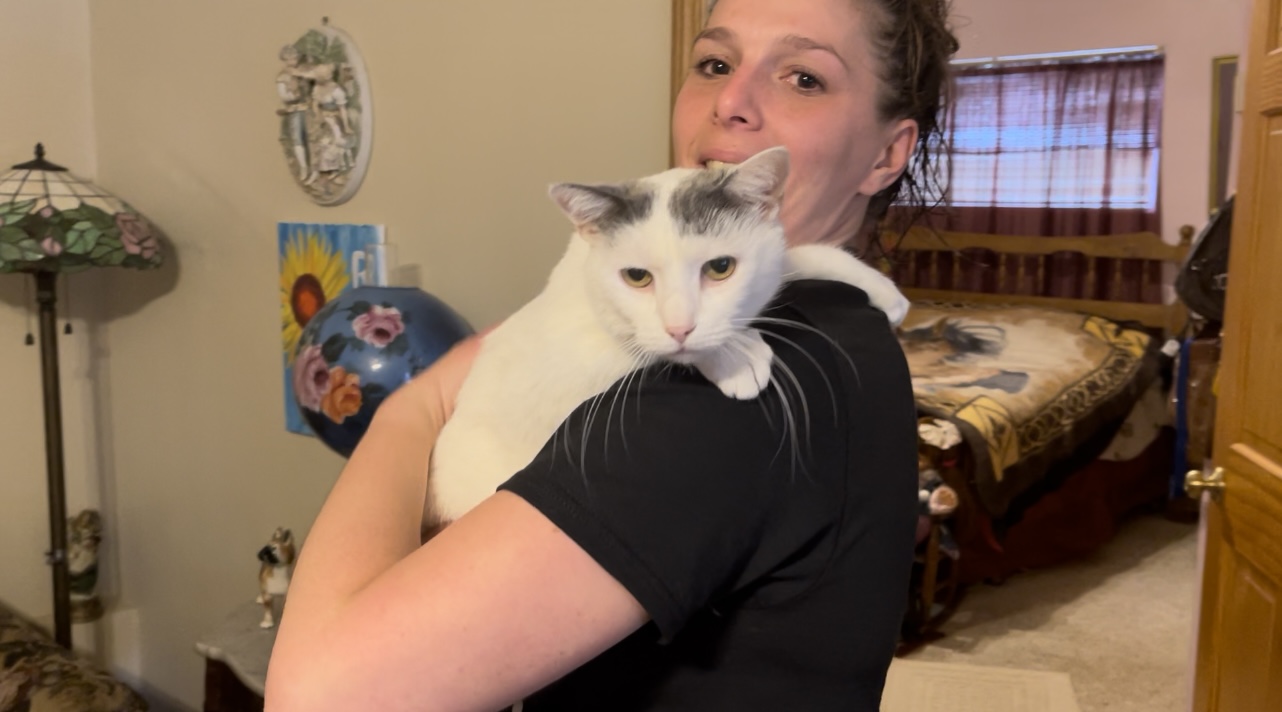
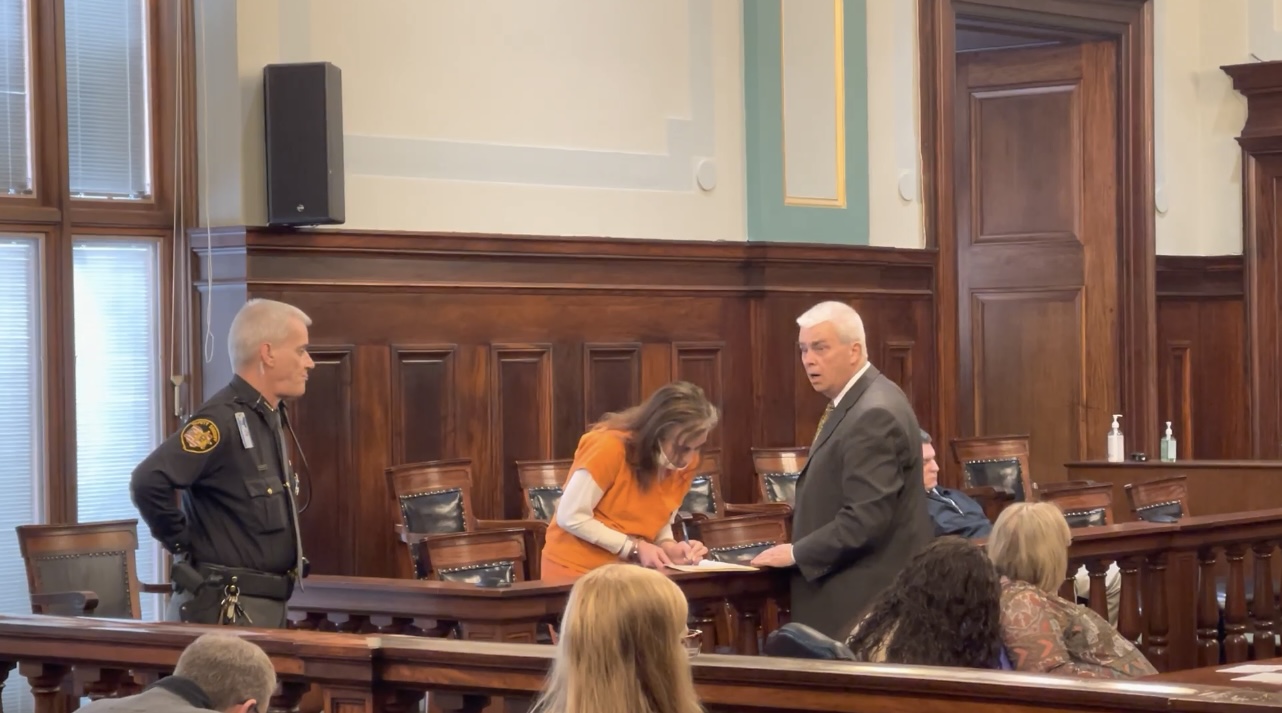
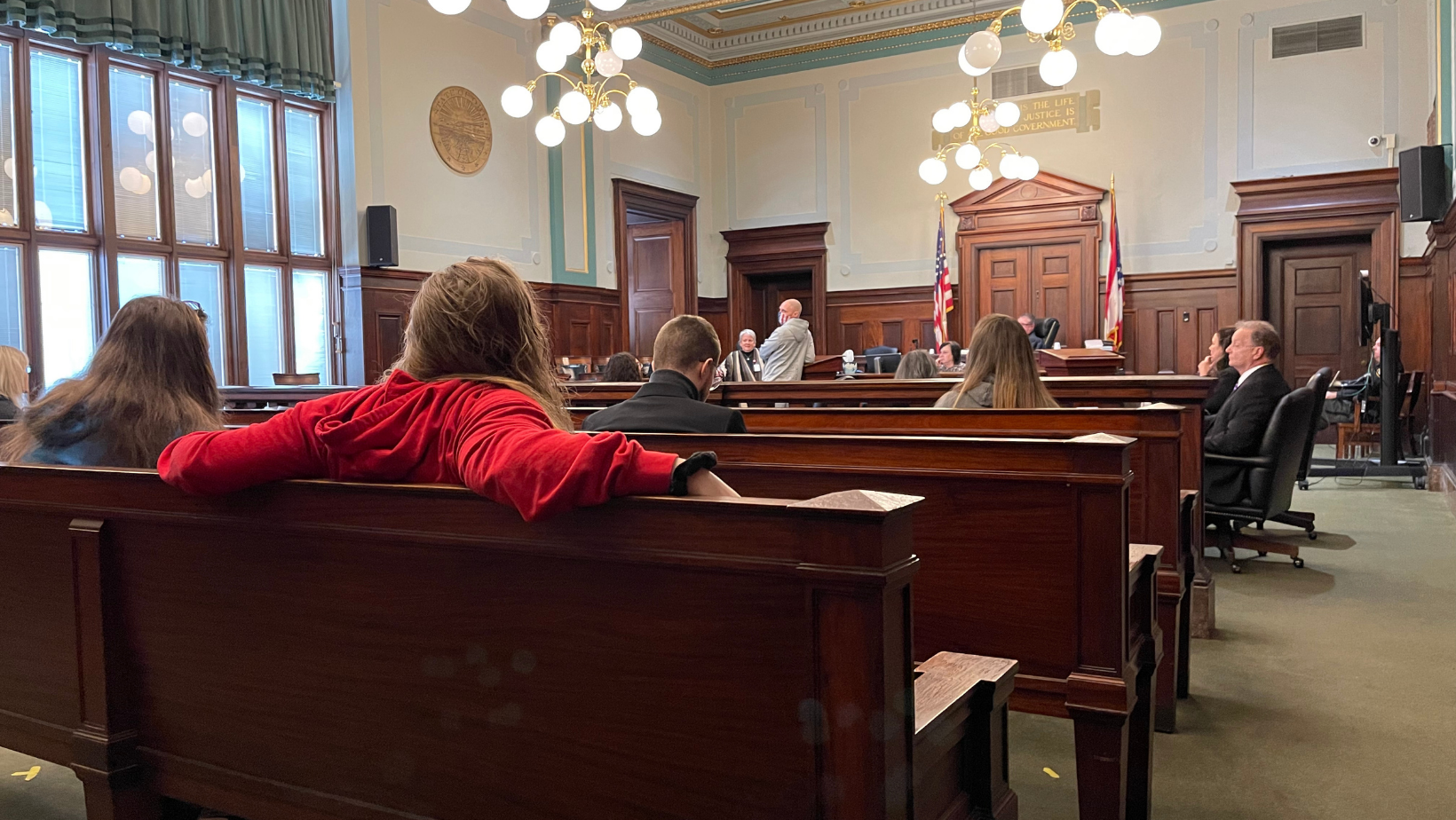
Listen: Source features
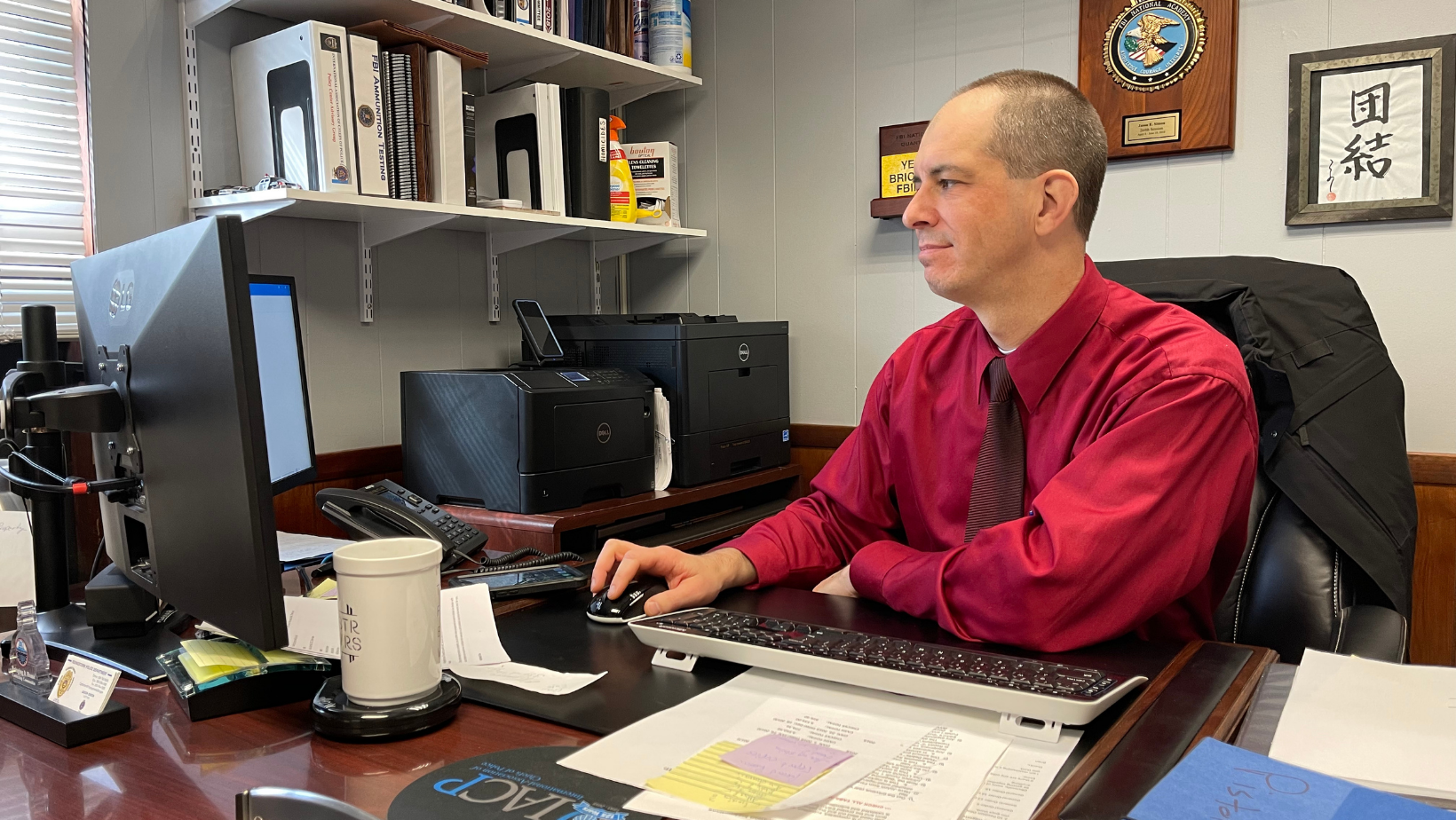
“I can tell you cases I have investigated where I investigated it and see the suspect isn’t who everyone thought they were. Just because we initially arrested someone, they are a suspect and did commit the crime, doesn’t mean there is not some explanation behind it, which is what we call affirmative defenses in court.”
– Youngstown Police Dept. Captain Jason Simon
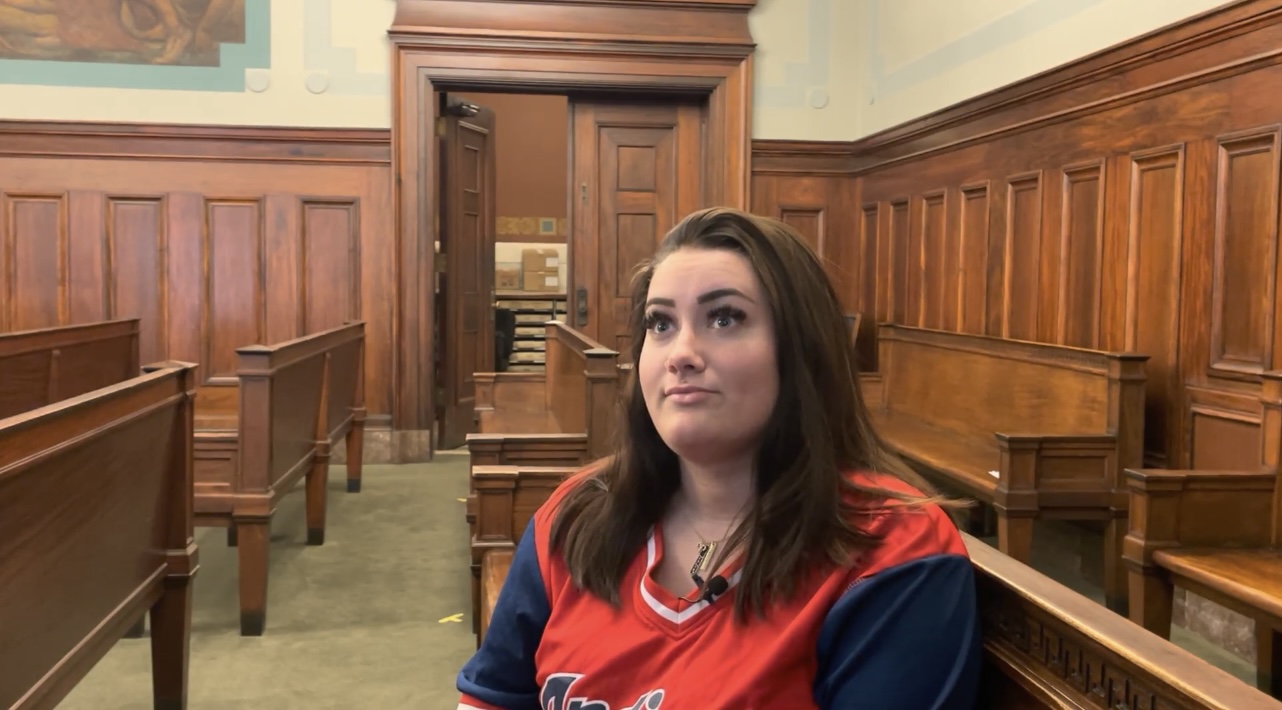
“My grandfather passed away in 2009, and my [parents] were both drug addicts, so I picked up the idea from my parents and took my own spin on it. I went through outpatient, sober living and now I do meetings, trauma therapy and counseling and come to drug court every three weeks for relapse prevention.”
– Leila Rood, a 20-year-old drug offender from Salem, Ohio.
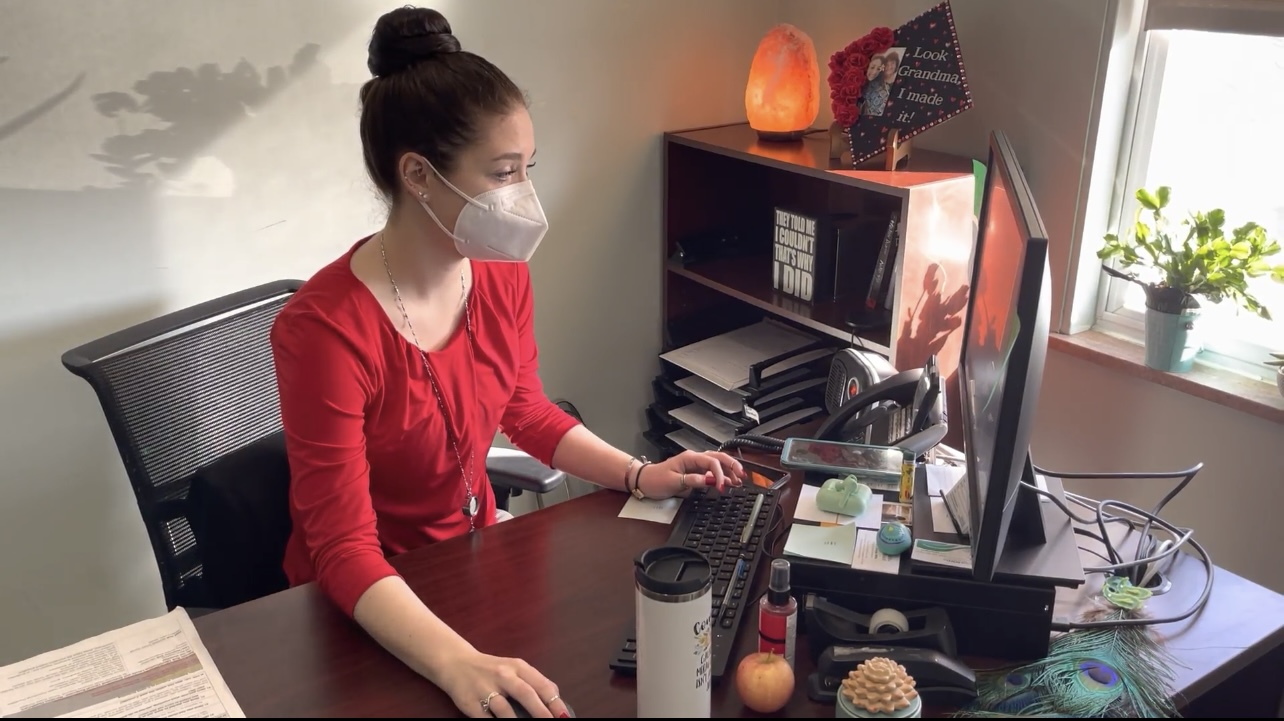
“Ultimately, they have the choice on whether they want to engage in treatment or not. The unfortunate thing is, if they don’t go through treatment, they can receive sanctions because it is a court-appointed program. If you’re in treatment and decide you don’t want to go through groups, there is a consequence of that.”
– Karlee Briceland, drug court case manager for TASC and Meridian Healthcare.
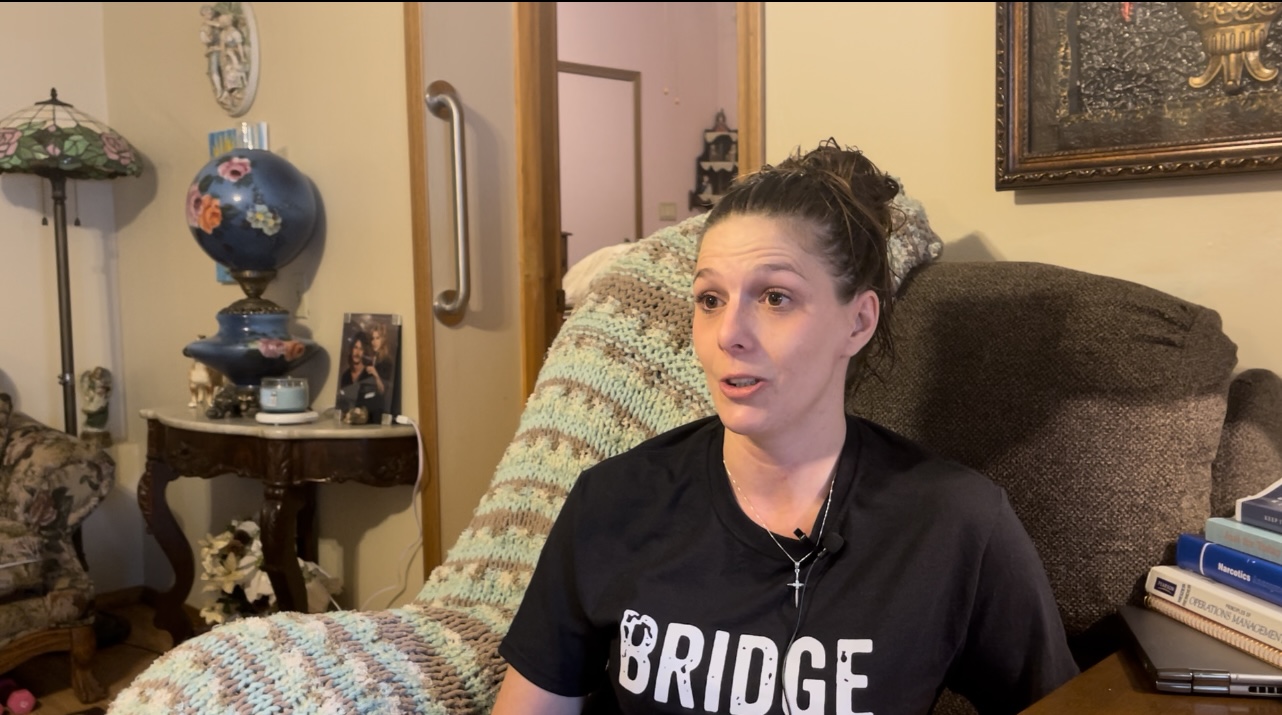
“Every time [police] would pull me over, they knew that I wasn’t no hard criminal or bad person. It was my disease and addiction where every one of them wanted me to get help. It wasn’t about punishing me, they just wanted me to get some help.”
– Denise Raub, a 31-year-old drug offender from Poland, Ohio.
More about the master’s student:

Amanda Joerndt is a Youngstown, Ohio native and a second-year graduate student at Ball State University. She has been working toward her master’s degree in journalism since the fall 2020 academic semester. Amanda found a love for storytelling early on in her life when she would read then Youngstown’s only daily newspaper, The Vindicator, on her grandmothers dining room table. She was able to learn about real world problems and how people in the community were using storytelling abilities to make a change. This opened her eyes to a whole new world of being able to help people in the community and become a voice for the voiceless by using her writing abilities to do the same. Amanda now takes her passion for storytelling and making a difference in her community as a multimedia reporter for a McClatchy publishing company digital news platform — Mahoning Matters. After earning her master’s degree, Amanda hopes to continue reporting on stories that go untold and be a voice for those who are making a difference in their community.
Ball State University journalism student takes a closer look at how drug offenders are treated in the judicial system, where they can find recovery and be set free from crime charges.